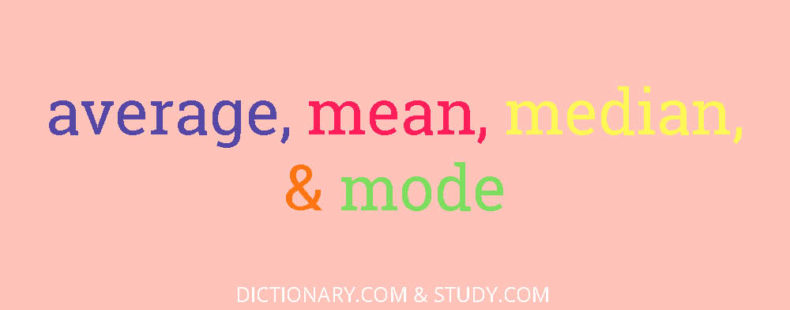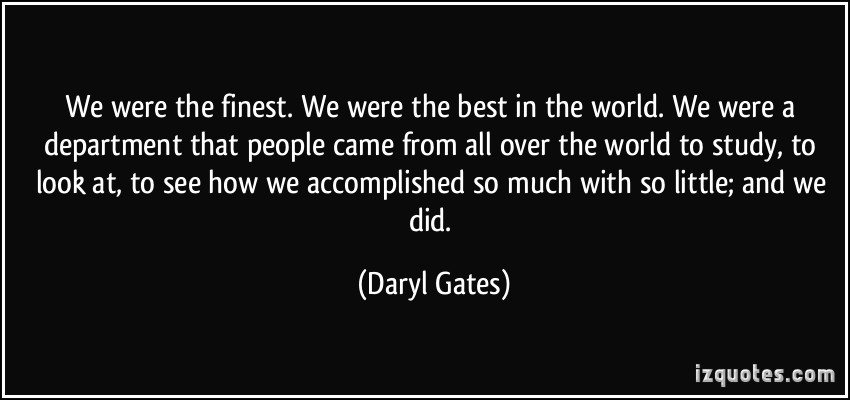

#What is another word for add together full
Utilized a full range of services… (Instead of used.).Facilitated strategic meetings… (Instead of ‘held.’).Trail blazed our company into social media… (When breaking new ground, similar to pioneering.).It is perfectly acceptable to use two or three skills to describe the action taken. Use design, develop and deliver or execute, all in one statement.Where possible, use skills that are out of the norm, that stand out, that are very visual. What did you actually help to do? What more specific action verb would be more definitive? Managed? Directed? Collated? Fine-tuned?Įach of your accomplishment-based statements or bullet points, needs to have a definitive, descriptive, strong action verb describing your skill. For example: Accomplished A,B,C and D, while assisting the Vice President of Human Resources with E,F. ‘Assisted’ isn’t the accomplishment or action verb, it belongs at the end of the sentence.For example: Worked with the team…doing what? Resulting in what?

‘Worked’ is too generic and doesn’t evoke any vision of the action you actually did to accomplish the task.You don’t handle people (which is where one usually sees this), and if you handled money what did you do with the money? ‘Handled’ is too vague, use a more definitive verb.Some of the most common examples include help, handled, assisted with, and worked. These can similarly dull your contributions. People often also use weak verbs to describe their work. These can water down the accomplishment you are trying to describe, and make a genuine achievement sound insignificant. You will read more about the present tense in unit 10.In the hundreds of resumes I have critiqued and rewritten over the past 20 years, a major short coming I see is an ineffective past or present tense used for action verbs. It is, therefore, called the narrative present. The present tense is often used when we give a commentary on a game (cricket, football, etc.), or tell a story as if it is happening now. This gives the reader an impression of immediacy. (ii) In the paragraphs above from the story the verbs are in the present tense (e.g. Thirty minutes later : Bruno gets up and has a great feed ! He looks at us disdainfully, as much as to say, Whats barium carbonate to a big black bear like me? Bruno is still eating.

injected! Ten minutes later : breathing less stertorous-Bruno can move his arms and legs a little although he cannot stand yet. Ten minutes later : condition unchanged! Another 10 c.c. of the antidote enters his system without a drop being wasted. Hold him, everybody! In goes the hypodermic-Bruno squeals-10 c.c. Bruno still floundering about on his stumps, but clearly weakening rapidly, some vomiting, heavy breathing, with heaving flanks and gaping mouth. (You can begin : The vet and I made a dash back to the car. Can you rewrite the paragraph in complete sentences? Here the writer is using incomplete sentences in the narration to make the incident more dramatic or immediate. Notice the incomplete sentences in the following paragraphs.


 0 kommentar(er)
0 kommentar(er)
